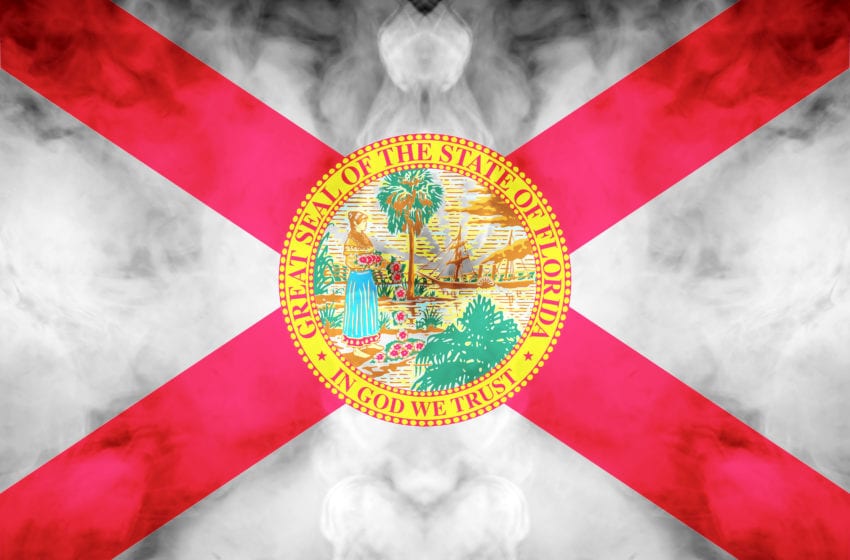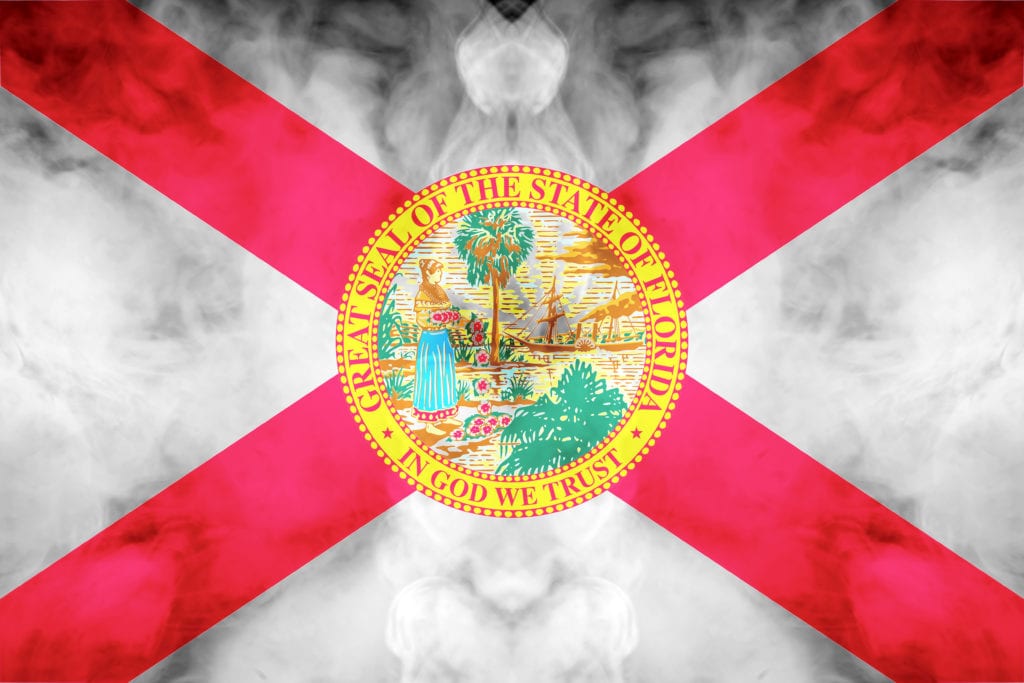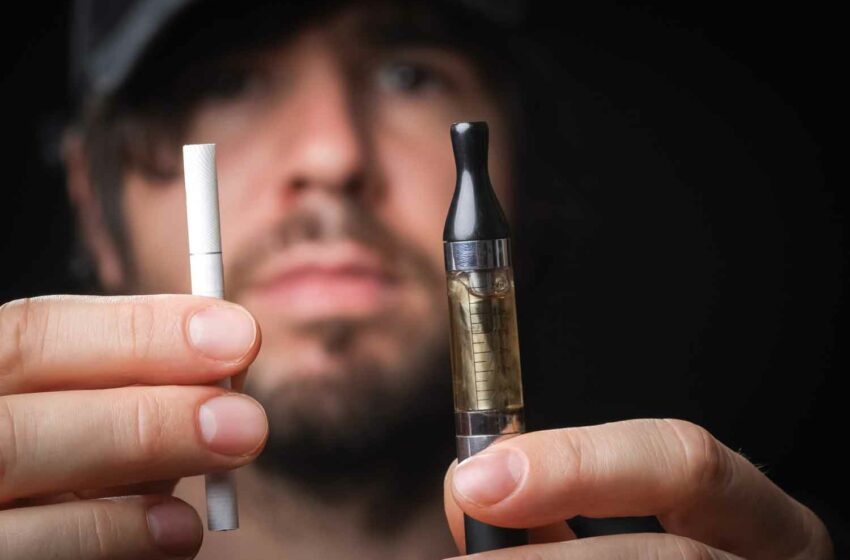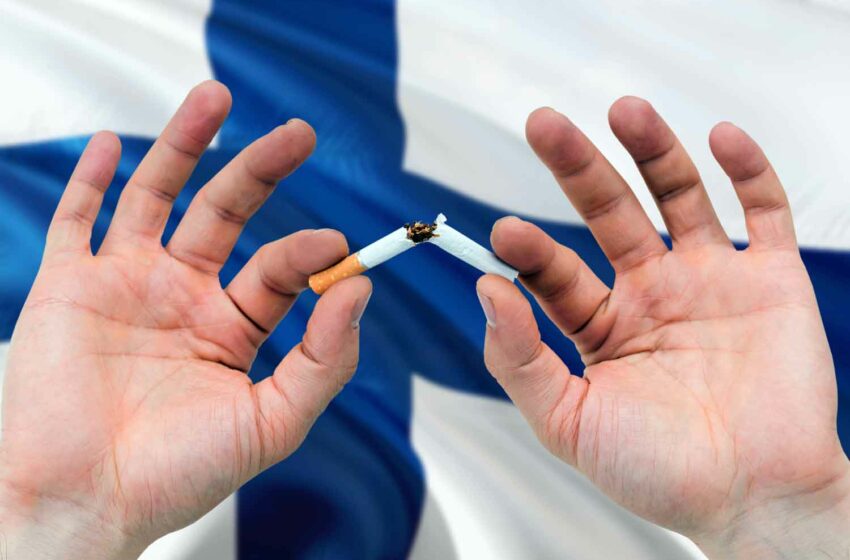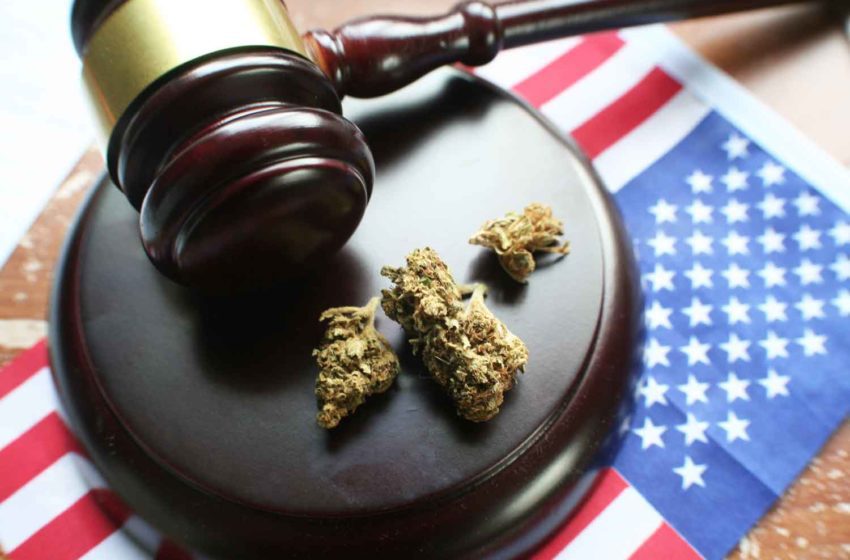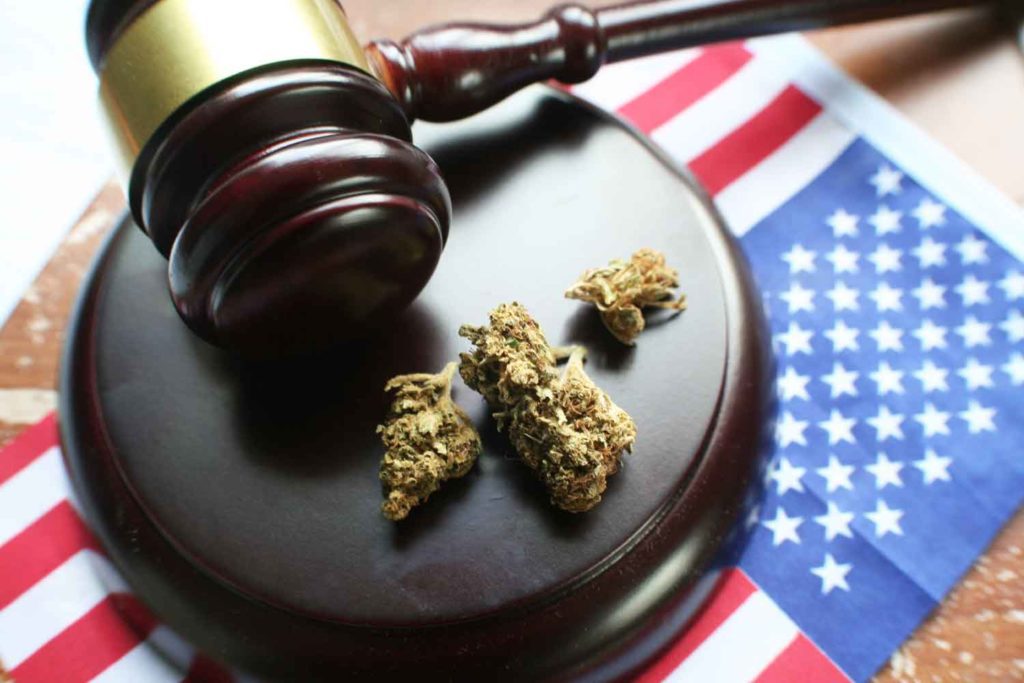
The U.S. Food and Drug Administration and the Department of the Treasury have announced a proposed rule that would require an importer to submit the FDA-issued Submission Tracking Number (STN) of electronic nicotine delivery system (ENDS) products into the electronic imports system operated by U.S. Customs and Border Protection.
The new requirement will help streamline the process of reviewing the admissibility of ENDS products into the United States, according to the FDA’s website.
After an applicant submits a marketing application for a new tobacco product, FDA assigns a unique identifier called an STN. Under the proposed rule, if finalized, any ENDS product, including e-cigarettes, for which the STN is not submitted may be denied entry into the U.S.
An FDA-issued STN is one data element that is important to FDA’s admissibility review and determination, which also includes review of other information about the product as well as possible sampling and examination of the product, according to the agency.
“Beginning tomorrow, the docket for the proposed rule, titled ‘Submission of Food and Drug Administration Import Data in the Automated Commercial Environment for Certain Tobacco Products,’ will be open for public comment through October 15, 2024.
Visit the rulemaking docket at regulations.gov to learn more and comment on the proposed rule.”Beginning tomorrow, the docket for the proposed rule … will be open for public comment through October 15, 2024.
Visit the rulemaking docket at regulations.gov to learn more and comment on the proposed rule.






